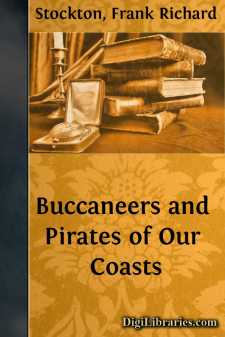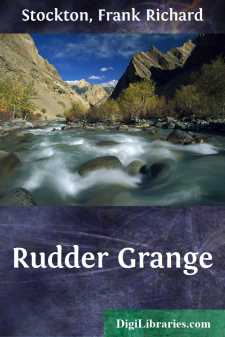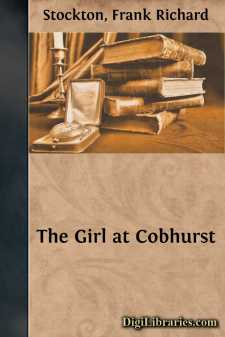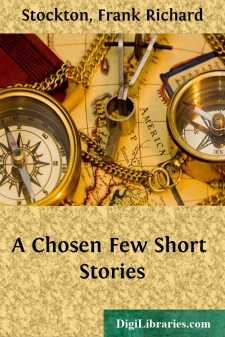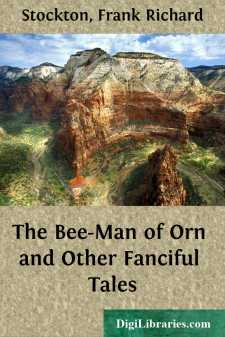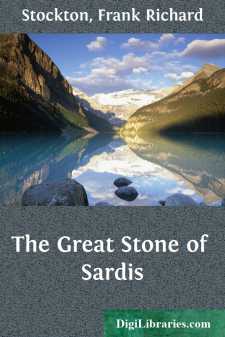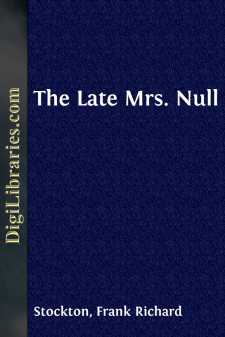Categories
- Antiques & Collectibles 13
- Architecture 36
- Art 48
- Bibles 22
- Biography & Autobiography 813
- Body, Mind & Spirit 142
- Business & Economics 28
- Children's Books 17
- Children's Fiction 14
- Computers 4
- Cooking 94
- Crafts & Hobbies 4
- Drama 346
- Education 46
- Family & Relationships 57
- Fiction 11829
- Games 19
- Gardening 17
- Health & Fitness 34
- History 1377
- House & Home 1
- Humor 147
- Juvenile Fiction 1873
- Juvenile Nonfiction 202
- Language Arts & Disciplines 88
- Law 16
- Literary Collections 686
- Literary Criticism 179
- Mathematics 13
- Medical 41
- Music 40
- Nature 179
- Non-Classifiable 1768
- Performing Arts 7
- Periodicals 1453
- Philosophy 64
- Photography 2
- Poetry 896
- Political Science 203
- Psychology 42
- Reference 154
- Religion 513
- Science 126
- Self-Help 84
- Social Science 81
- Sports & Recreation 34
- Study Aids 3
- Technology & Engineering 59
- Transportation 23
- Travel 463
- True Crime 29
Buccaneers and Pirates of Our Coasts
Categories:
Description:
Excerpt
Chapter I
When I was a boy I strongly desired to be a pirate, and the reason for this was the absolute independence of that sort of life. Restrictions of all sorts had become onerous to me, and in my reading of the adventures of the bold sea-rovers of the main, I had unconsciously selected those portions of a pirate's life which were attractive to me, and had totally disregarded all the rest.
In fact, I had a great desire to become what might be called a marine Robin Hood. I would take from the rich and give to the poor; I would run my long, low, black craft by the side of the merchantman, and when I had loaded my vessel with the rich stuffs and golden ingots which composed her cargo, I would sail away to some poor village, and make its inhabitants prosperous and happy for the rest of their lives by a judicious distribution of my booty.
I would always be as free as a sea-bird. My men would be devoted to me, and my word would be their law. I would decide for myself whether this or that proceeding would be proper, generous, and worthy of my unlimited power; when tired of sailing, I would retire to my island,—the position of which, in a beautiful semi-tropic ocean, would be known only to myself and to my crew,—and there I would pass happy days in the company of my books, my works of art, and all the various treasures I had taken from the mercenary vessels which I had overhauled.
Such was my notion of a pirate's life. I would kill nobody; the very sight of my black flag would be sufficient to put an end to all thought of resistance on the part of my victims, who would no more think of fighting me, than a fat bishop would have thought of lifting his hand against Robin Hood and his merry men; and I truly believe that I expected my conscience to have a great deal more to do in the way of approval of my actions, than it had found necessary in the course of my ordinary school-boy life.
I mention these early impressions because I have a notion that a great many people—and not only young people—have an idea of piracy not altogether different from that of my boyhood. They know that pirates are wicked men, that, in fact, they are sea-robbers or maritime murderers, but their bold and adventurous method of life, their bravery, daring, and the exciting character of their expeditions, give them something of the same charm and interest which belong to the robber knights of the middle ages. The one mounts his mailed steed and clanks his long sword against his iron stirrup, riding forth into the world with a feeling that he can do anything that pleases him, if he finds himself strong enough. The other springs into his rakish craft, spreads his sails to the wind, and dashes over the sparkling main with a feeling that he can do anything he pleases, provided he be strong enough.
The first pirates who made themselves known in American waters were the famous buccaneers; these began their career in a very commonplace and unobjectionable manner, and the name by which they were known had originally no piratical significance. It was derived from the French word boucanier, signifying "a drier of beef."
Some of the West India islands, especially San Domingo, were almost overrun with wild cattle of various kinds, and this was owing to the fact that the Spaniards had killed off nearly all the natives, and so had left the interior of the islands to the herds of cattle which had increased rapidly. There were a few settlements on the seacoast, but the Spaniards did not allow the inhabitants of these to trade with any nation but their own, and consequently the people were badly supplied with the necessaries of life.
But the trading vessels which sailed from Europe to that part of the Caribbean Sea were manned by bold and daring sailors, and when they knew that San Domingo contained an abundance of beef cattle, they did not hesitate to stop at the little seaports to replenish their stores....


